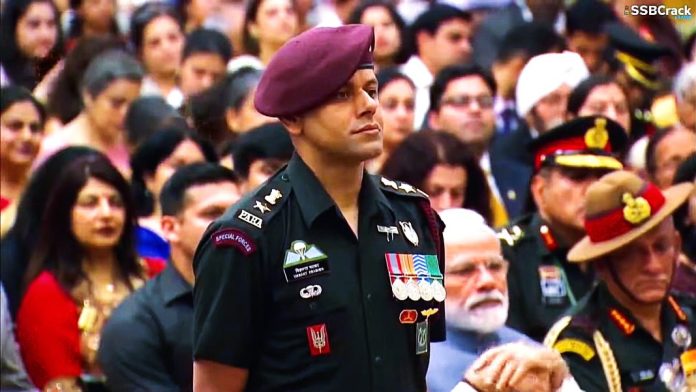The appointment of Colonel Vikrant Prasher, an officer from the High Altitude Warfare School (HAWS), as the SSP for Training and Special Operations in the Jammu and Kashmir Police marks a significant shift in India’s counter-insurgency approach. This collaboration between the Indian Army and J&K Police is a clear indication of the growing recognition that insurgency in the region requires specialised skills, particularly in mountain and jungle warfare. For more than three decades, the Jammu and Kashmir Police has been at the forefront of the fight against terrorism. While their expertise in managing local threats is undeniable, the evolving nature of militancy, particularly with highly trained Pakistan-sponsored terrorists, demands even more sophisticated counter-insurgency strategies. Colonel Prasher’s deputation to the J&K Police brings a fresh perspective, grounded in his training at HAWS, which specialises in high-altitude warfare, survival techniques, and counter-insurgency operations.
This move speaks volumes about the Government’s commitment to ensuring that local law enforcement agencies are well-prepared to tackle the insurgency in challenging terrains like mountains and forests. By integrating Army training methods, particularly those honed at HAWS, J&K Police personnel can acquire advanced skills in not only mountain warfare but also counterintelligence and survival tactics. Such expertise is essential in a region like Jammu and Kashmir, where terrorists often exploit the difficult terrain to their advantage. The timing of this appointment is also noteworthy. With Nalin Prabhat, an IPS officer known for his expertise in operations and security, set to take over as the Director General of J&K Police, there is a palpable sense of renewed energy in the state’s counter-insurgency operations. The combination of Prabhat’s leadership and Prasher’s specialised training background could result in a more proactive and integrated approach to counterterrorism. It signals a unified front in the fight against terrorism, with both the Army and the police drawing on each other’s strengths. Strategic realignments are most important. This bold move may well set the tone for future collaborations to enhance India’s internal security framework.


